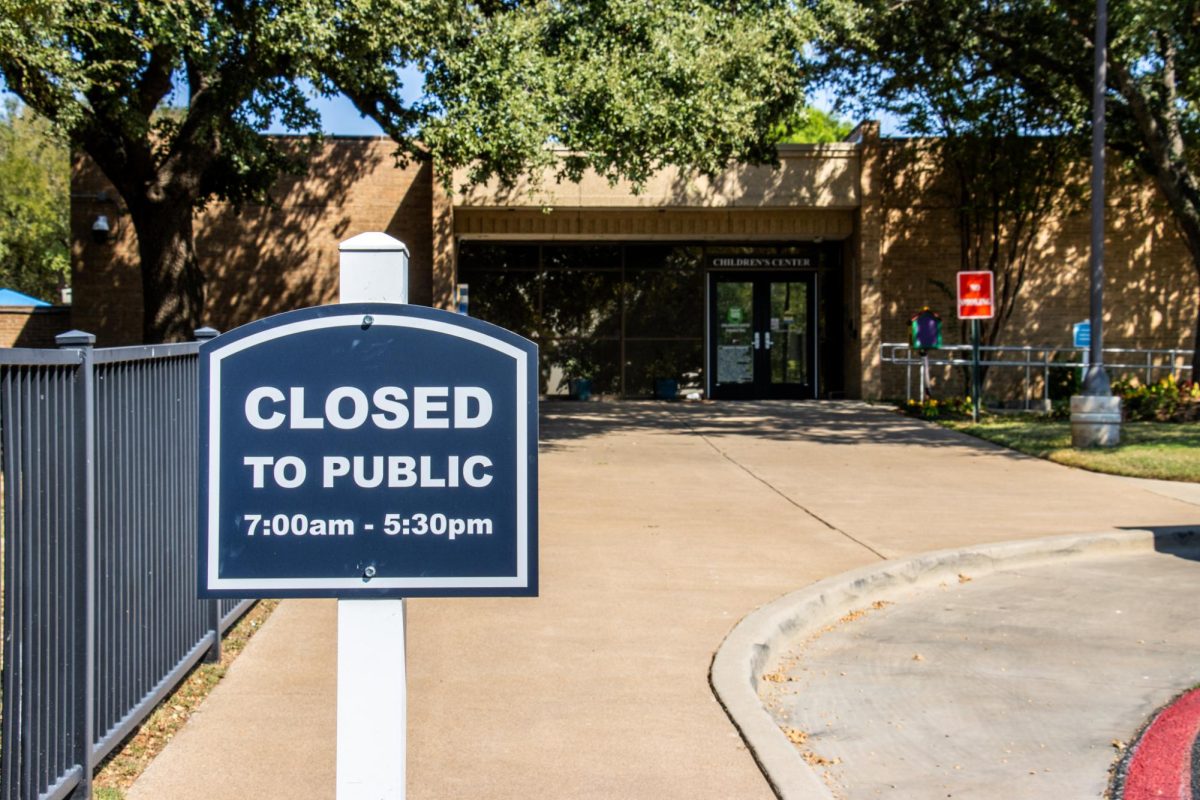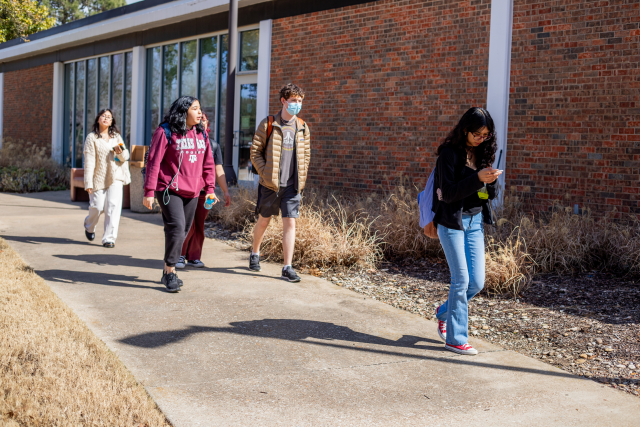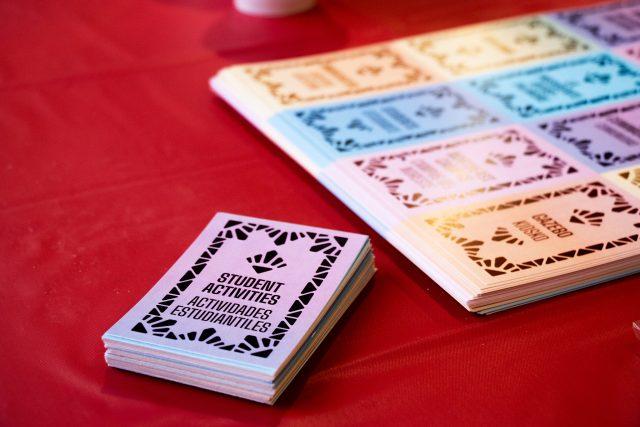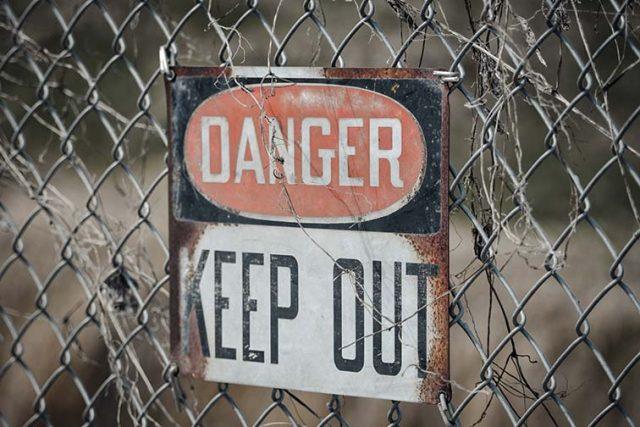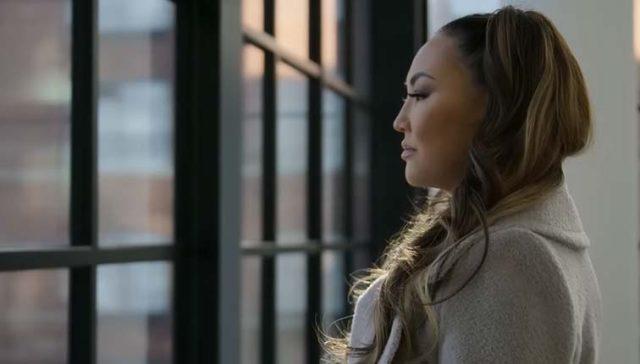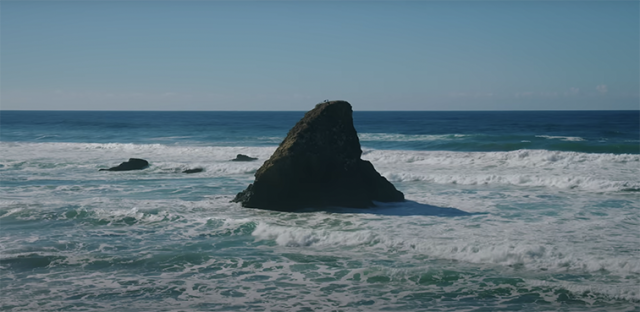
Data privacy is potentially at risk, and in order to combat it people will be prohibited from using TikTok.
Recently, the popular social media platform TikTok has been put under fire by the US House of Representatives for supposedly using spyware to obtain people’s personal information. This has resulted in a TikTok ban across various states around the nation. Gov. Greg Abbott has issued a ban on the app on all state-owned devices, and this has caused controversy among TikTok fans and detractors alike.
While many appreciate the effort being made to combat this invasion of privacy, many believe this is not the best way to approach the situation. Some feel it makes little sense to issue a ban that can so easily be bypassed by using a VPN or turning your WiFi off.
People have also been skeptical of the intentions behind this ban. Some believe that there’s likely an ulterior motive behind banning TikTok specifically, instead of all the other social media platforms.
Some have speculated that the ban could be politically charged in some way because of the backlash TikTok has received in the past for encouraging harmful trends or spreading misinformation.
Others think the ban is unnecessarily invasive, and another poor decision on behalf of the governor as well as other state representatives. States that haven’t banned the app are likely to see what other like-minded states have chosen to do with TikTok, which could lead to it being banned across the entire nation.
That’s the general skepticism surrounding the ban, but how badly does this ban impact the everyday TikTok user? Seemingly not much. People feel the impact will be minimal in the long term since most avid TikTokers are likely to find various means of bypassing the ban.
Some believe the ban is a great idea, particularly in schools as banning the app could help students refocus and improve their learning habits during class. It could also help instructors teach more efficiently as the amount of in-class distraction could be reduced significantly.
However, those who rely heavily on TikTok for income or communication like college influencers, students who advertise for their school through social media or people who communicate through TikTok could see this as a major inconvenience for them in their day-to-day campus life.
While it won’t hugely impact that many people, it’s definitely a bit of an extreme and admittedly poorly thought-out reaction to an issue with far more nuance. Banning a single app won’t single-handedly save people’s search history from leaking. It’s an admirable effort, but there’s room for improvement.
Cybersecurity attacks are becoming increasingly more frequent as time goes on, and it should be known that there is a wide selection of ways to combat them.
Utilizing VPNs, downloading antivirus software, using multi-step authentication, increasing the strength of passwords or maybe figuring out how people and schools can provide higher funds to IT departments could help. To reduce these attacks, it’ll take a number of actions as opposed to just not using a single app.




















